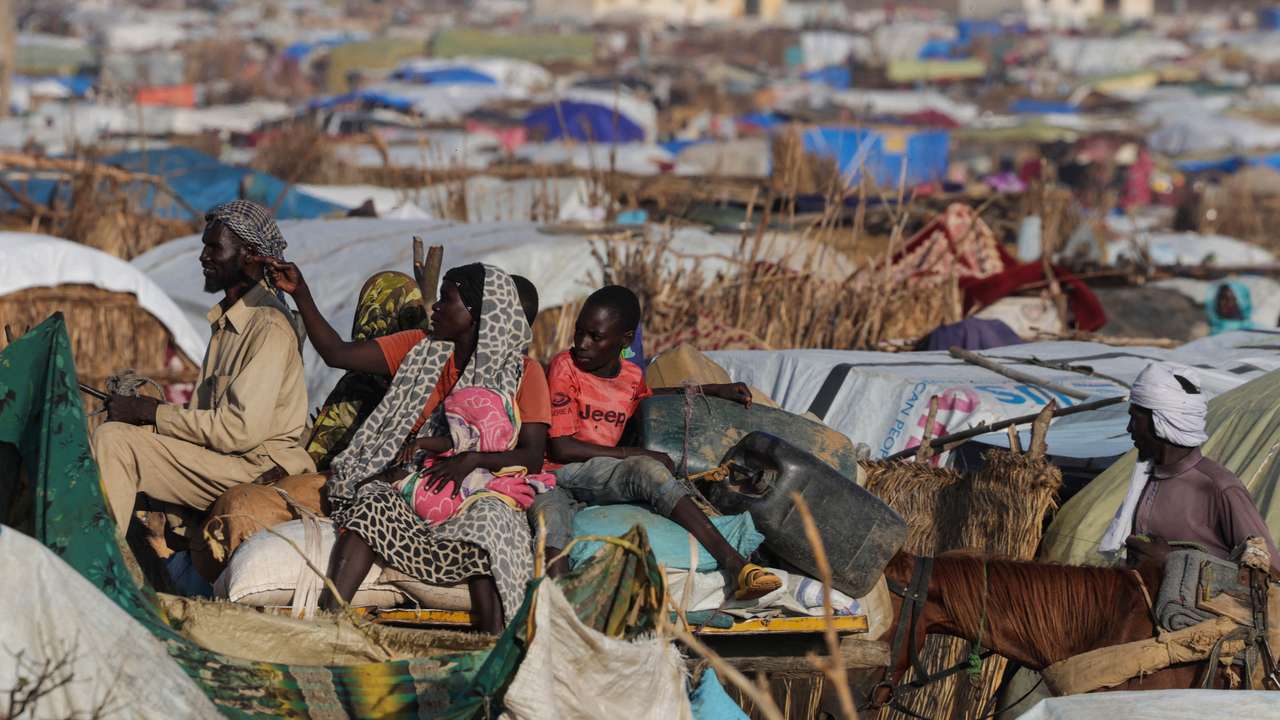Inside Chad’s growing humanitarian crisis

Chad is facing a fast-worsening humanitarian emergency, driven by the spillover of conflict in Sudan, internal violence, and shrinking donor support.
As of late April, over 726,000 Sudanese refugees have entered Chad’s eastern provinces, including Wadi Fira and East Ennedi, straining resources and exposing vulnerable populations, particularly women and girls to exploitation, abuse, and food insecurity, according to the United Nations Population Fund (UNFPA) Chad situation report.
Lake Chad province in the west hosts over 268,000 internally displaced people (IDPs), uprooted by armed violence and flooding. Across the regions, access to healthcare, clean water, shelter, and basic protection is deteriorating.
The situation has worsened since the suspension of U.S. funding from USAID and the Bureau of Population, Refugees, and Migration (PRM) support that had sustained much of the lifesaving response.
The report also reveals that the funding halt has forced the closure of maternity wards, suspended mobile clinics, and disrupted the delivery of essential reproductive health supplies to over 80 health facilities.
Despite escalating needs, UNFPA has received less than $1 million of the $27 million it urgently requires for 2025.
In April 2025 alone, the UNFPA undertook the following;
- Supported midwives provided reproductive health services to nearly 38,000 people, 95% of them women.
- Over 32,000 women gave birth safely at health facilities.
- 3,970 deliveries were assisted directly by humanitarian midwives.
- UNFPA distributed 38 reproductive health kits to 73 mobile health sites.
- Through local partners, 100 Gender-Based Violence (GBV) survivors in Lake Chad received cash assistance.
- Sensitisation campaigns reached over 1,800 women and girls about safe spaces and available services.
UNFPA is coordinating with partners across Chad to maintain operations, including safety audits in IDP camps, GBV case management, and youth education on reproductive health.
Chad’s crisis is no longer looming, it is here, escalating, and underfunded.
The cost of inaction will be measured in lives lost, dignity denied, and futures cut short.
This story is written and edited by the Global South World team, you can contact us here.